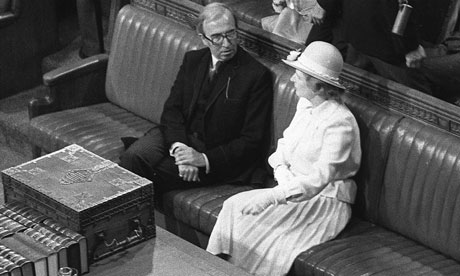The Gospels, the New Testament with a commentary, the Psalms, Ecclesiastes and Ecclesiasticus, in King James rather than Douai edition
The Bible designed to be read as literature
Plato
Aristotle
Marcel Proust
Anna Karenina
War and Peace
The Idiot
The Trial
Henry Green
Under the Volcano
Edmund Burke
Sons and Lovers
Ulysses
The Sentimental Education
Try Gibbon’s Decline and Fall
Reread the whole of Shakespeare
Steppenwolfe
Pickwick Papers
Tristram Shandy
Mill on the Floss
Dante and Ariosto in Italian is a sweet dream but life is too short. I haven't read Shakespeare since my teens except for A Midsummer Night's Dream and I know I would love to reread Chaucer's English Works
